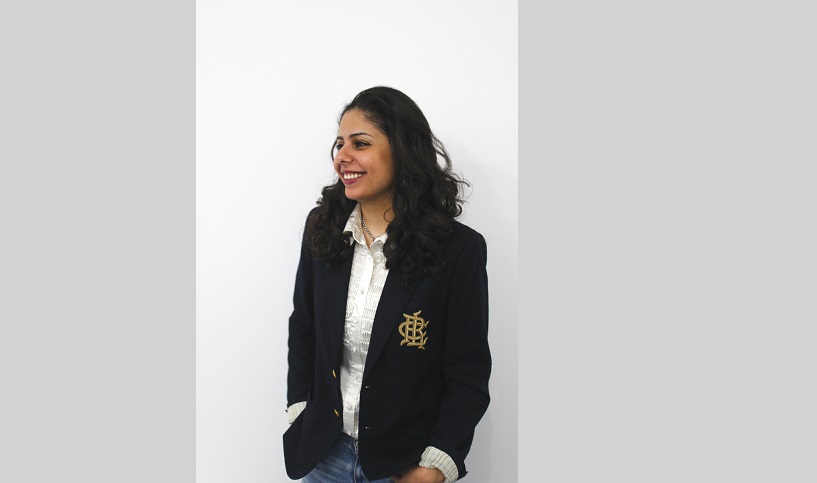Dr. Shahd Al-Shammari is an Assistant Professor at Gust University who has authored two books: On Love and Loss and her latest, Forget the Words, which launched this year. Her first book speaks, aptly, of love and loss; a grief so profound that the reader is invited to share the pain of the author as she comes to term with separation from her beloved. Forget the Words reveals a more evolved speaker, who dances with acceptance, though still grappling with trauma. I had the blessed opportunity of interviewing Dr. Shahd for this month’s issue.
In your first book, you use graphic verse to reveal what it means to suffer from Multiple Sclerosis with your beloved by your side. Do you think that love can assist us in transcending even moments of intense physical suffering?
Love transcends everything, all limitations. The body and physical suffering is just an example. I experiment with definitions and responsibilities of love, both to ourselves and others.
Though you are a writer, you describe yourself, first and foremost, as an academic. Does this enhance the flow of your verse, since you breathe literature day and night?
Sometimes it does enhance it, but sometimes it limits it. Being an academic, one is, I think, naturally critical and analytical. I am aware of how the work might be read critically, so I try to anticipate reader responses. On the other hand, I think being an academic and a “writer” is about striking a balance I have yet to achieve.
Dr. Shahd, after several discussions with you, I realized that though you do not glamorize grief, and rightfully so, you have come to terms with it. In fact, your second book even reveals a light at the end of the tunnel. Is suffering an antidote for this kind of evolution of consciousness?
Grief and disability or illness are not to be glorified at all. But yes, I view both simply as expressions of the body and life. They are only moments, dots, punctuation in the story of your life. Without them, you’d have run-on sentences, and nothing would make sense. That means, in a nutshell, yes, an evolution like you said.
Some literary schools of thought separate the author from the body of work. What is your take on this as a poet who speaks the language of her own heart and experiences?
There’s no answer to that question, because sometimes the work takes on a voice of its own. Though you read my work as simply about my experiences, which is valid, I see it as more a mesh of experiences, not only mine. The text can and cannot be separated from the author. Like a child, you give birth to it, but it doesn’t have to remain yours. It’s a part of the author, but not the whole.
Lastly, poetry is not your only forum of expression. You are now in the process of writing short stories. Has it been easy to make this transition? And any nuggets of wisdom for others venturing into various mediums of writing?
I don’t even call myself a poet. That’s a grand label and humbling. I don’t see myself within any genre; poetry, fiction, nonfiction – they’re all just genres we use as tools to express experience. I am experimenting with short stories which will be released later in 2017. My only advice to others wanting to write is simply to write. Throw yourself into it, and don’t look back. Don’t even consider genres or labels.
Follow Dr. Shahd Al-Shammari on Twitter @shahdalshammari. You can follow Nejoud on social media @nejoud.alyagout or visit her website www.nejoudalyagout.com.











